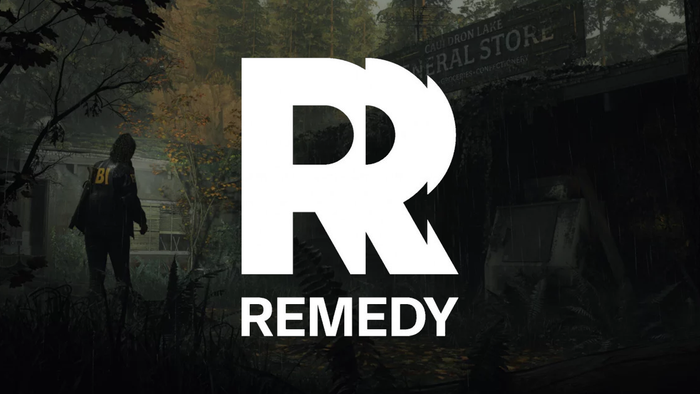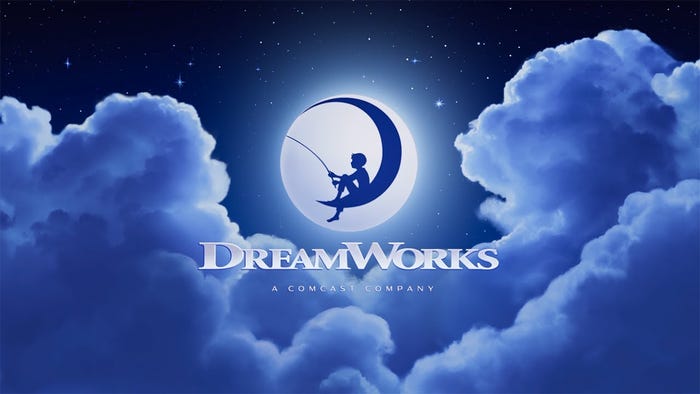The reason why some videogames(i.e. Diablo3) are not RPG's.
This is an attempt at a better definition of a Roleplaying-game, with the usual benevolent help of the Universal Metre of Interaction... lastly you find out why Blizzard's take on Gauntlet is not an RPG as a proof that the system works.

In the past years the querelle "what is Roleplaying" in pc games started. Let's analyze the schools of thought: the avantgarde rows say that for there to be roleplaying, a character needs morality and the ability to shape a plot thanks to one's decisions. A role is not just his/her class, it's also the active function in a drama, a function discovered in the behavioral opposition with the other characters(this the current definition of role). The general opinion, held by the more conservative thinkers, simply states that character progression is RP, because it's the most basic element of the old tabletop games, Gary Gygax didn't think of morality and choices, He simply conceived a ruleset that allows a fictional character to fight and grow. Others might have said that mere character progression is boring, but that morality is not roleplaying, it's simply the evolution of it. I find this last statement pretty diminishing, as it implies that the basic idea of roleplaying is old and not smart, is nothing but mathematics in adding little numbers, and after that, we simply added choices, crossroads etc.
I believe i found a way to reconcile the philosophies, and it came to me thanks to Interaction. Interaction(i explain once again) analyzes where exactly the user's mental energy is directed.
A roleplaying game then is:
A narration in which the user is free to modify the attributes of some of the characters, in relation to the story/intrigue, substantially affecting it.
The moralists and evolutionists are easily reconciled, and so are the traditionalists: in a roleplaying-game a character gains experience and levels, and then skills, but nobody ever considered what happens inside the players' minds during the tabletop campaigns: before assigning new skills and points, a player is considering(the object of his mental processes) what the story so far has told, what it might tell, and the social situations he will face, his decisions aren't merely technical, neither are only strategical, they are always done in consideration of the drama theretold, and they WILL change it.
so ultimately why isn't Diablo(1, 2 and 3) an RPG? Simple. Because in this game the character progression is purely technical and strategical: it's not important what the story is telling because the way the character advances will never modify its plot... the story in Diablo is an artificial excuse to manage the character's growth... a player would do a million quests to collect 3 billion dead rats, and it will never matter to him as long as that foe grows stronger.
So if "moral choices" naturally modify a role in an intrigue, as we already knew(from such games as BW's Mass Effect), now we know that even physical progression(the most basic, the most traditional, the most solid element of a RPG) is connected with the plot spiritual crossroads, and should always be able to affect the story. This is simply the realization that a character's external attributes of strength, dexterity or magical prowess can never be separated from his/her moral values, and both of them define your role, which in turn defines the story, changing it.
About the Author(s)
You May Also Like













